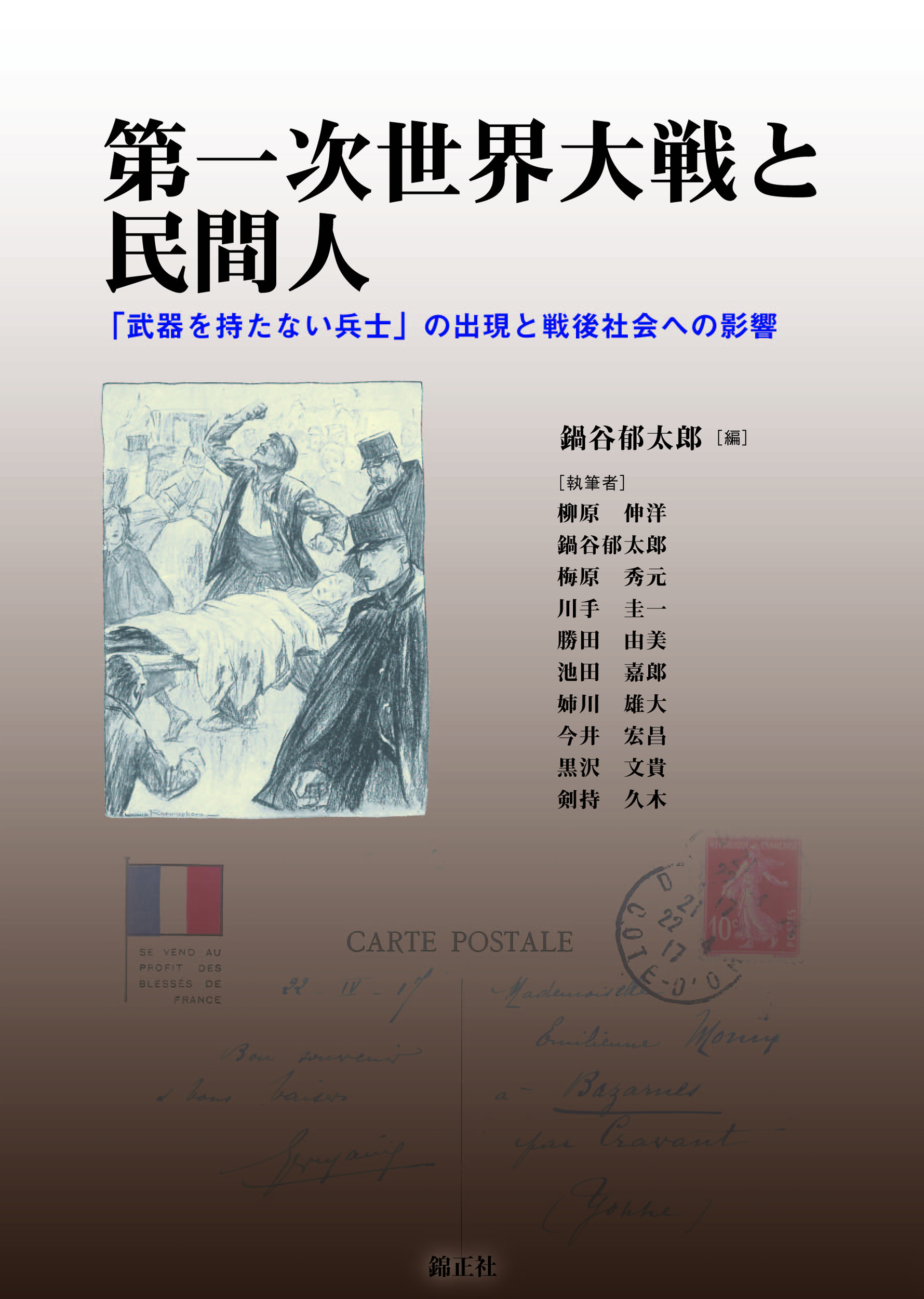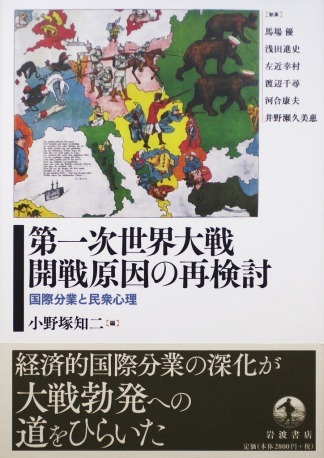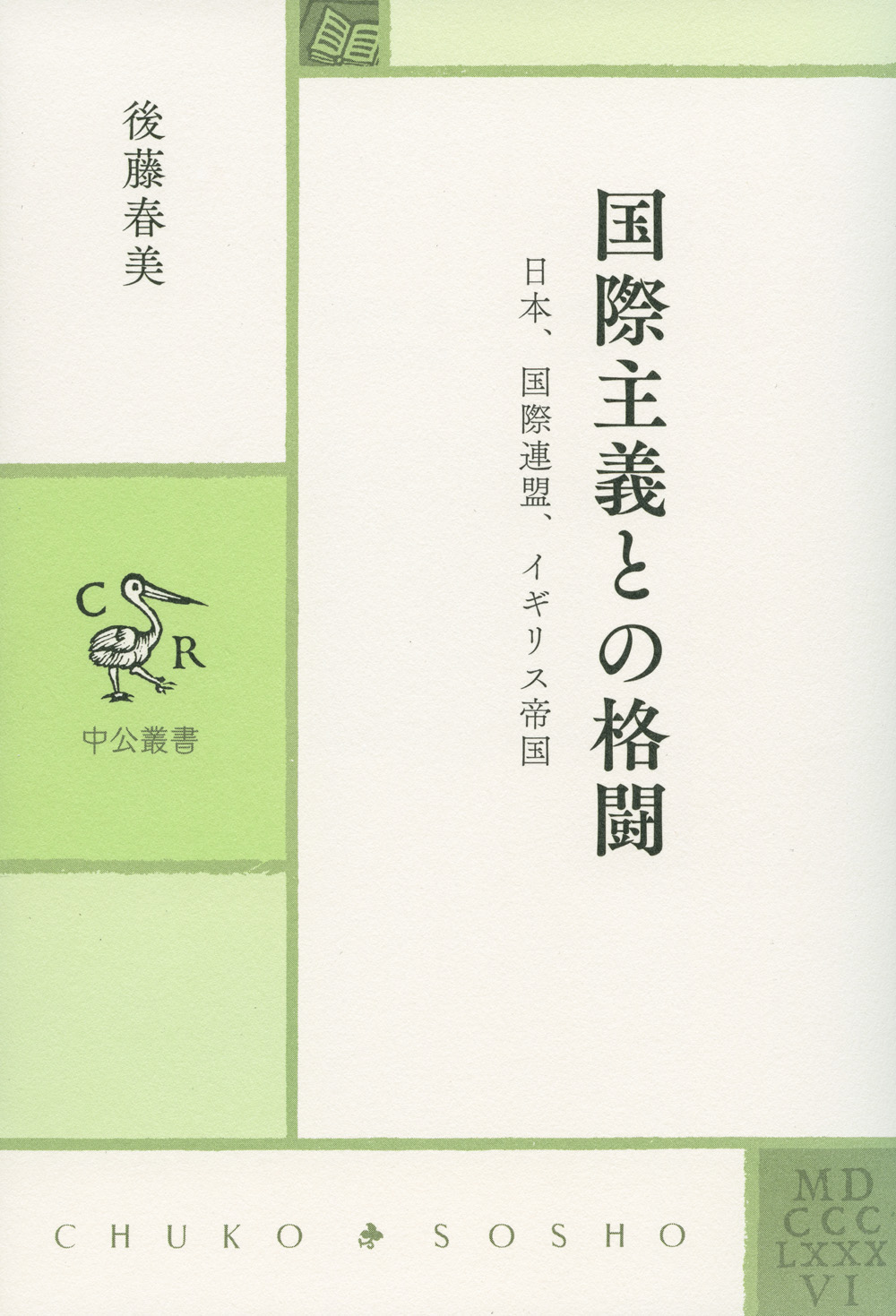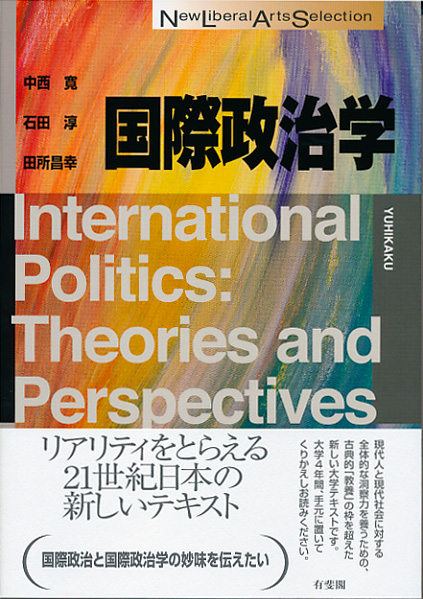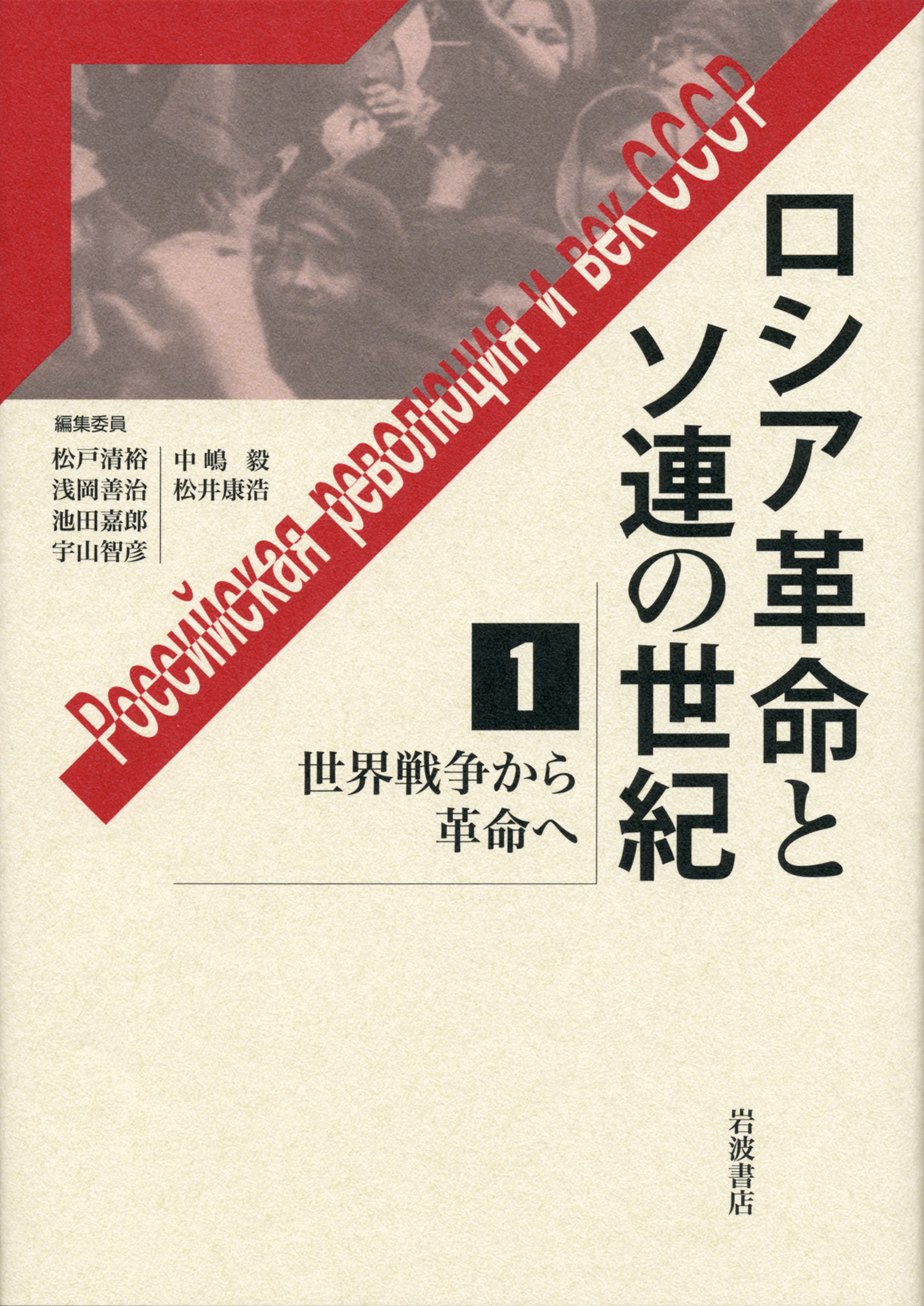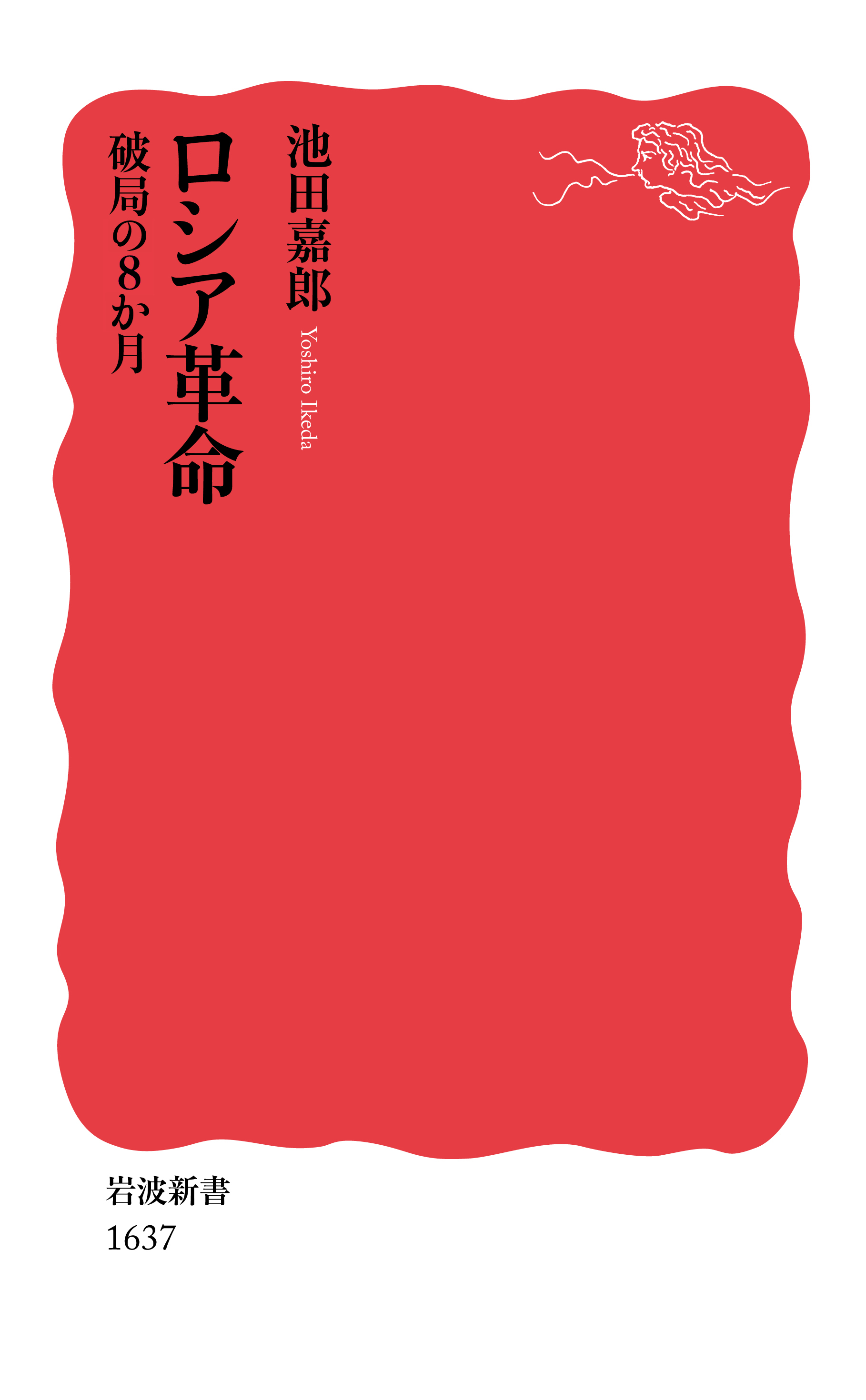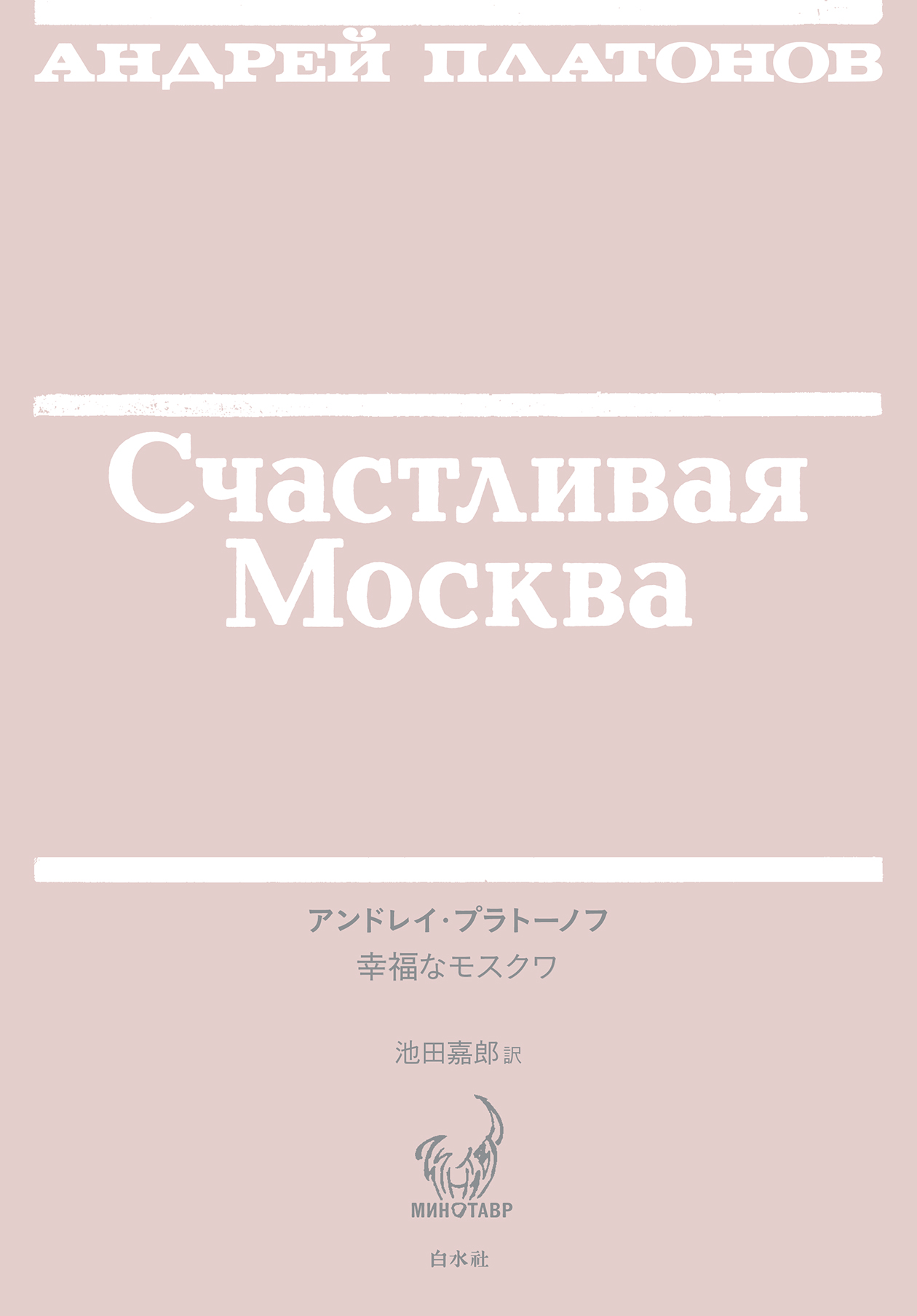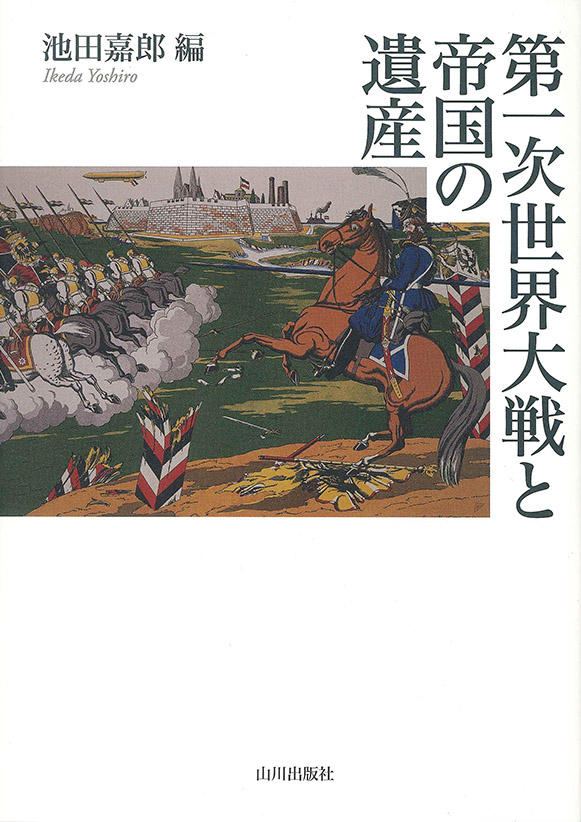
Title
Daiichiji Sekaitaisen to Teikoku no Isan (World War I and the Legacy of Empires)
Size
296 pages, A5 format
Language
Japanese
Released
March, 2014
ISBN
978-4-634-67234-5
Published by
Yamakawa Shuppansha Ltd.
Book Info
See Book Availability at Library
Japanese Page
While World War I is an unfamiliar war for the Japanese, it was as serious an event for Europeans as World War II was for both Japan and Europe. World War I, which lasted from 1914 to 1918, changed European society. Further, the changes that occurred during the War also greatly shook people’s lives worldwide, including that of the Japanese. What are the implications of this war and what impact did it leave on today’s world? I have written this book with my fellow researchers to elucidate these points. To the best of my knowledge, this book is Japan’s first collection of articles on World War I.
World War I was the first total war in modern industrial society. In this conflict, both soldiers fighting on the front line and people living on the home front were forced to participate in warfare with all their might. Among them were groups—commoners, minorities, and women—who had been excluded from politics until then. They were forced to participate in the war and, as they did so, increased their awareness in their own political and civil rights. In this way, a paradox resulted where the war—essentially slaughter and destruction—also encouraged the democratization of society.
That being said, since the changes to people’s lives brought about by World War I were wide-ranging, any analysis is liable to discuss various aspects of the conflict too broadly. In order to avoid this, our collection of articles takes the idea of “empire” as its focus. We defined an empire as a polity with at least one colony, and which dominated a vast territory regardless of its political system. The primary reason for taking this focus is that the basic unit of the international order at the beginning of the twentieth century was the empire. During World War I, huge empires clashed with one another by mobilizing diverse peoples and, while some empires collapsed, others survived.
What should be noted is that imperialism continued after the war, both for the winners and the losers. While there were significant changes before and after World War I, some aspects of life remained unchanged. For Britain, the League of Nations was a tool for rebuilding the imperial rule, which was shaken by the Great War. For the Republic of China, which took over the Qing Dynasty, the Great War was an opportunity to improve its uncertain international status from their imperial era. The dream of wide-area integration remained among succeeding countries of the collapsed Habsburg Empire, even to this day as the European Union. In the Middle East, after the collapse of the Ottoman Empire, the impact of this disruption caused by the dissolution of the empire is apparent today. The Russian Empire was reborn as the Soviet Union, a new empire.
As described, we considered the War from the perspective of “empire”—what changed, and what had been inherited by the post-war world. What became clear as a result was that the world before the Great War, the conflict itself, and the aftermath converged to affect today’s world. We encourage you to pick up this collection of articles and consider this great moment in time from 100 years ago.
(Written by IKEDA Yoshiro, Associate Professor, Graduate School of Humanities and Sociology / 2017)



 Find a book
Find a book


